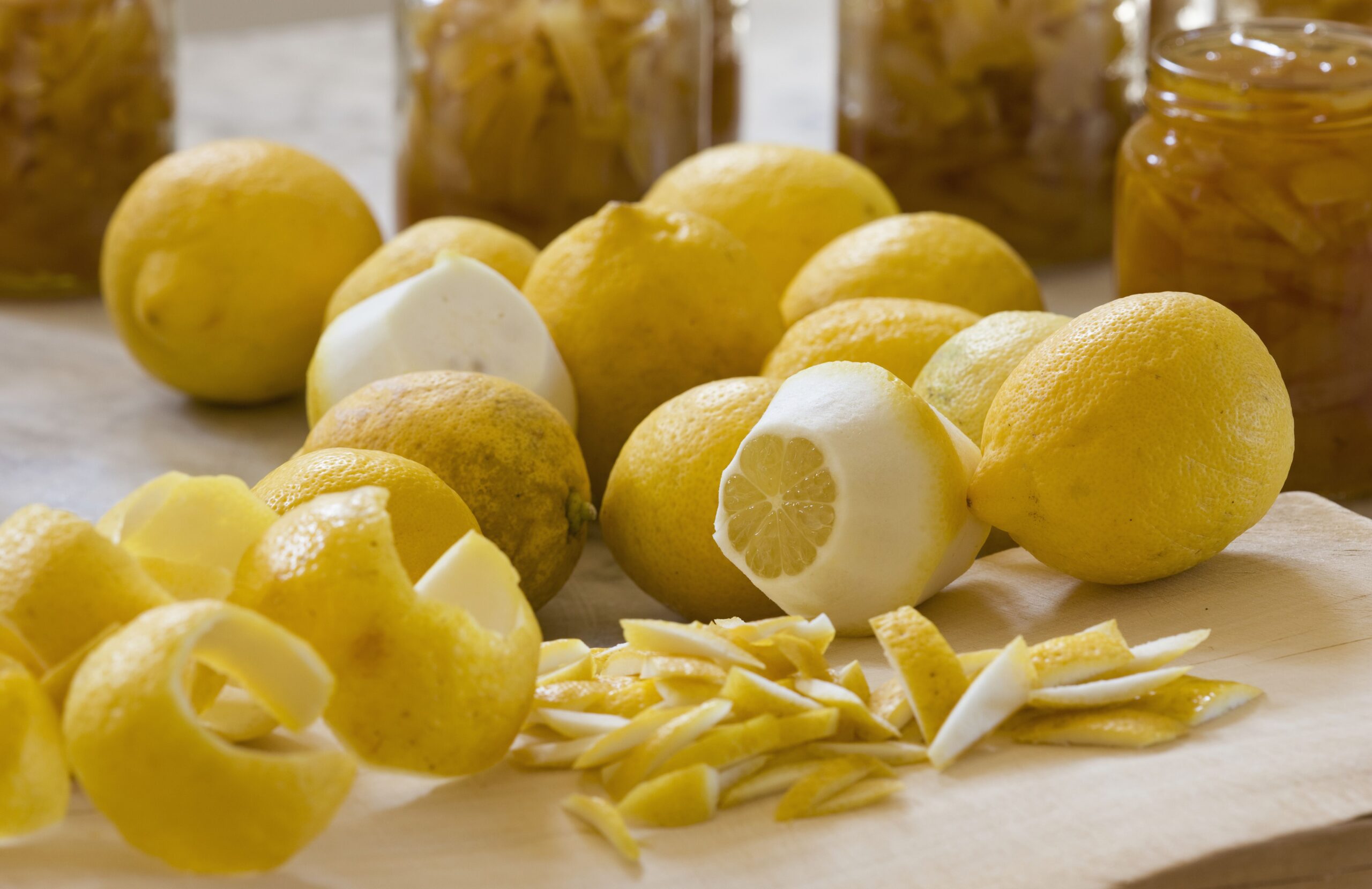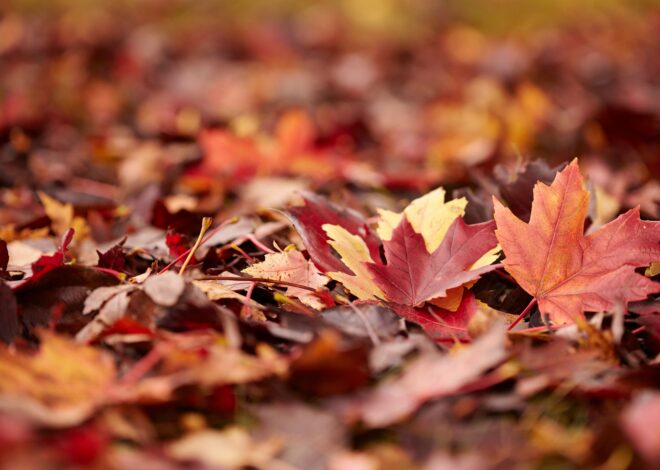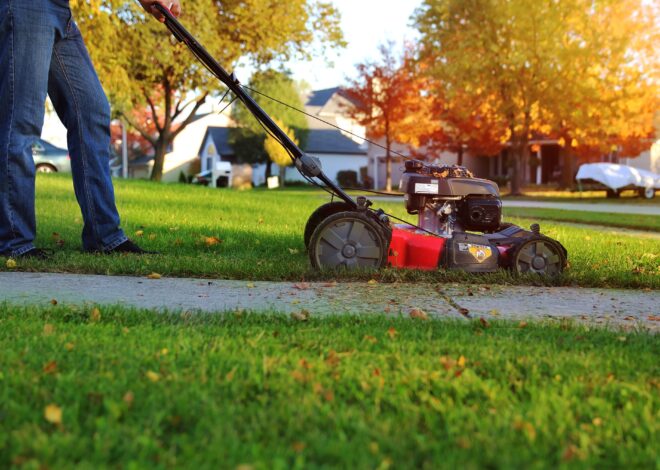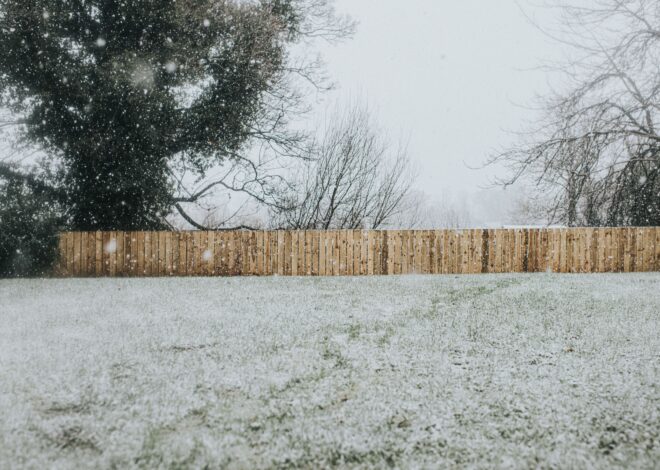
8 Ideas for Composting Citrus Peels Accurately
Many gardeners keep away from composting citrus peels as a result of widespread perception that citrus peels don’t break down correctly and will hurt compost piles. However the reality is that citrus peels, citrus fruit, and citrus leaves may be composted similar to different fruits and veggies so long as you observe a number of easy ideas. This information delves into some frequent composting myths and explains the best way to shortly remodel citrus scraps of all kinds right into a wealthy compost that your backyard and houseplants will love.
Are Citrus Peels Compostable?
Citrus peels, fruit, and leaves are utterly biodegradable and they are often composted similar to different meals scraps and yard waste. So why are gardeners typically reluctant to compost citrus peels? Let’s have a look at a number of the commonest myths surrounding composting citrus.
Fable: Citrus Peels Do not Break Down
Whereas it is true that citrus peels take longer to compost than many different meals scraps, they are going to ultimately break down into compost. You possibly can velocity up this course of by aerating your compost pile and slicing citrus peels into small items.
Fable: Citrus Peels Are Too Acidic
Though citrus fruit is acidic, the composting course of neutralizes the pH of citrus and different natural matter. So long as you compost citrus with a pleasant mixture of different meals scraps and yard waste, your completed compost ought to have a comparatively impartial pH and be completely protected for earthworms, helpful microorganisms, and your crops.
Fable: Citrus Peels Are too Excessive in Pesticides
Conventionally grown produce could comprise pesticides, however different conventionally grown fruits and veggies typically comprise extra pesticides than citrus. If you wish to hold your backyard as natural as doable, select solely organically grown citrus and different produce for composting.
As you possibly can see, citrus peels and citrus fruit are extra compost-friendly than chances are you’ll suppose. However there may be one exception to this rule. Whereas citrus is completely advantageous for out of doors composting and bokashi composting techniques, citrus and composting worms don’t combine and huge portions of citrus shouldn’t be added to worm bins.
Ideas for Composting Citrus
In the event you place a citrus peel in your compost pile, it should ultimately break down into compost. However you possibly can velocity up this course of and create completed compost quicker and extra effectively by following these citrus composting ideas.
- Minimize peels into small items. Slicing meals scraps, like citrus peels, into small items earlier than composting helps them break down quicker. In the event you’re composting entire items of citrus fruit, break them in half or reduce them into smaller items earlier than including them to your compost pile.
- Dry peels earlier than composting. If you would like citrus peels to compost quicker, take into account drying them in your oven or a sheltered spot outside earlier than including them to your compost pile. Contemporary citrus incorporates oils that may make peels extra proof against composting, however pre-drying the peels and breaking them into small items makes them simpler to compost.
- Place peels within the middle of compost piles. The middle of compost piles tends to be the warmest spot. If you would like citrus to compost shortly, place peels and different citrus scraps within the middle of your compost pile and canopy them up with different composting components.
- Mix “browns” and “greens.” Citrus is taken into account a “inexperienced” or nitrogen-rich composting ingredient. To make your compost pile run as effectively as doable, layer 1 half nitrogen-rich citrus peels and different kitchen scraps with 3 elements carbon-rich supplies, comparable to autumn leaves, weed-free straw, and sawdust.
- Add moisture. Compost piles must be roughly as damp as a wrung-out sponge. In case your compost is breaking down slowly and feels dry to the contact, add extra water.
- Aerate compost. Citrus peels may be composted in chilly composting techniques, however they break down quicker in scorching compost piles. Turning compost a number of instances per week to aerate it should improve the temperature and assist citrus compost quicker.
- Restrict citrus in worm bins. Including an excessive amount of citrus to indoor worm bins can hurt composting worms. In the event you add plenty of citrus to out of doors compost piles, be certain your composter is open on the backside so earthworms can depart the realm if the pile turns into too acidic through the composting course of.
- Harvest compost on the proper time. Compost constructed from citrus peels and different meals scraps is completed when the compost is darkish and wealthy and the composting components are not recognizable. When this happens, harvest your compost and use it as a prime dressing or facet dressing in your backyard, or brew it in water to make compost tea on your crops.
Regularly Requested Questions
-
Do you have to put lemons and limes in compost?
Lemons and limes are totally compostable, however they’ll compost quicker for those who reduce them into small items earlier than including them to your compost pile. It’s also possible to compost different sorts of citrus, together with grapefruit, oranges, kumquats, and tangerines.
-
Can you set rotten fruit in compost?
Sure, rotten fruit may be composted in out of doors compost piles and it’ll really break down quicker than recent fruit. Simply keep away from including rotten meals to bokashi or worm bin composters as a result of mould can throw off the composting course of in indoor composting techniques.
-
Can crimson wigglers have citrus?
Crimson wigglers or composting worms don’t like citrus. Though small portions of citrus aren’t more likely to do harm, putting massive quantities of citrus in worm bins could make bins too acidic for crimson wigglers.


